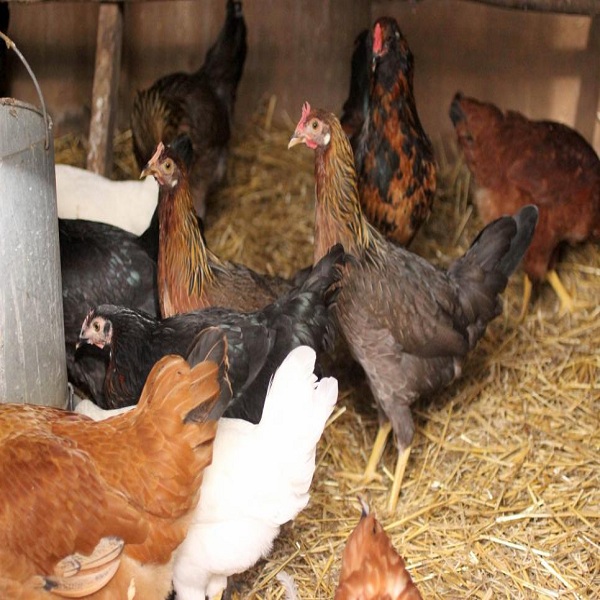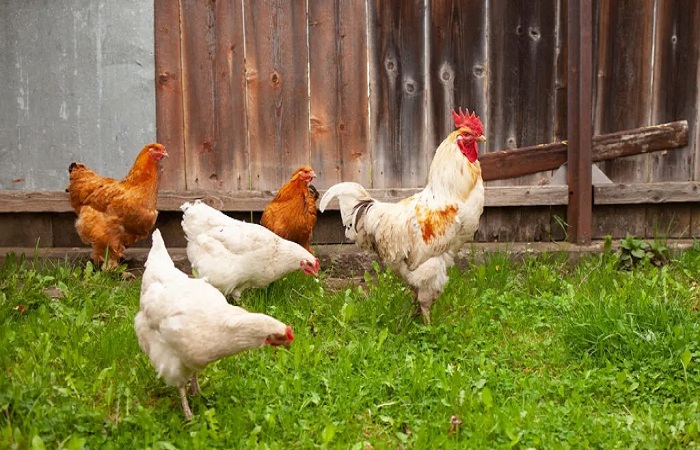Having chickens can be a lot of fun, but it can also be really nerve-wracking if you’ve never done it before. One of the best things you can do if you’re anxious beginning is to learn about the most common chicken-keeping faults.
There’s a lot to take in, and unlike most household pets, these creatures are at home in the great outdoors all year long and have their own set of regulations.
These 10 frequent chicken-keeping mistakes are simple to avoid and can help keep your chicken flock happy, healthy, and producing an abundance of tasty eggs.
Lack of garden fencing
Chickens are well-known for their penchant for wrecking garden spaces. These birds are on a mission to destroy all plants in the yard, whether it’s by devouring the entire strawberry patch or by kicking the mulch we spent all day Saturday spreading in the flower beds across the entire yard.
A strong, high fence is required to keep the chickens out of the garden. A free-range flock can wreck a season’s worth of hard gardening labor in a single afternoon. All of you will be pleased if you take the time to prevent them from entering the garden.
Once you get your garden under control, you may want to plant a separate garden for your flock to enjoy.
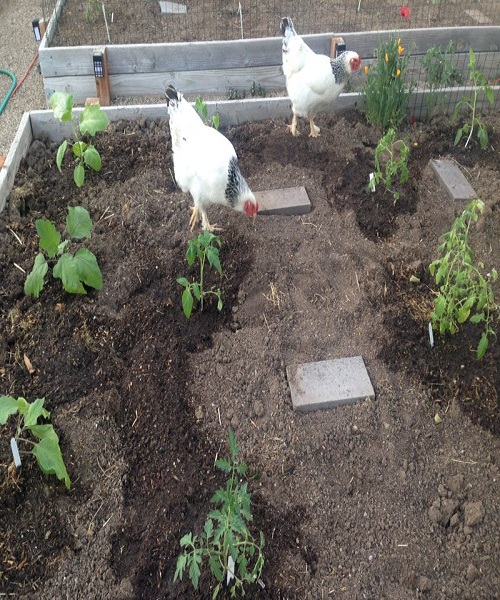
Failing to make sure the coop is safe from predators
While raising chickens, one of the most stressful and heartbreaking experiences is losing chickens to predators. Predators will attack your hens at all hours of the day and night, no matter where you reside.
The best defense against predators is a well-fortified chicken coop.

Advice for keeping out potential predators:
- If you want to keep out small animals like weasels, use hardware cloth instead of chicken wire.
- Spend the time necessary to seal any hole that is more than the width of your thumb. Weasels and rats can fit through extremely small gaps.
- Every night, double-check that every door and window is securely closed and latched.
- Put a roof over the chicken coop. It’s not just ground-level access that predators might use to sneak into your coop.
- Put hardware cloth under the chicken coop to stop animals from digging in. Only if the coop has dirt floors should you do this.
Improper nutrition
Chickens are omnivores, meaning they eat and digest a wide variety of plant- and animal-based diets as well as dairy products.
Chickens have a wide range of dietary preferences, but there are also many substances that can seriously harm or even kill them.
Knowing these will help you avoid accidentally feeding your chickens something they shouldn’t have.
Chickens should not eat:
- Candies, chocolates, and sweet treats
- Tomato leaves, potato leaves, rhubarb leaves
- Fruits that are high in vitamin C and acidity
- Onions
- Coffee or beer
- Fried food
- Uncooked beans, pasta, or rice
- Processed foods and junk food
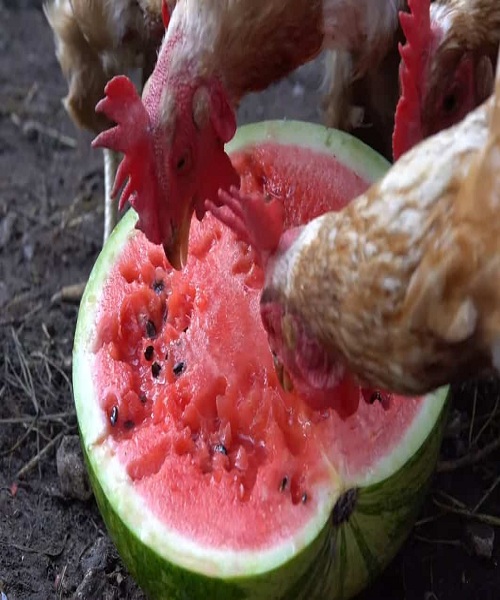
Using wrong bedding/litter
Typically, this starts happening when the chickens are still young chicks. It’s tempting to use whatever is at hand as brooder box bedding, but this can lead to a messy setup and potential harm for your hens.
No flat newspaper should ever be used to line the brooder box. This is not only not absorbent, but it also makes chicks’ feet slippery. Sprial abnormalities, such as spraddle leg, can be permanent if the legs don’t straighten up when there’s no traction. Even newspaper that has been shredded is not very absorbent, therefore it is not a good substitute.
Cedar bedding is also not recommended for chickens, whether they are young or old. Constant exposure to cedar, a fragrant wood, can lead to respiratory problems in your flock.
So, which type of bedding is best suited for a chick brooder?
paper towels are a useful tool to have on hand when the chicks are just a few days old and still trying to figure out what is and isn’t edible. Pine shavings, which are very absorbent and easy to clean, can be used once the chicks are a few weeks old.
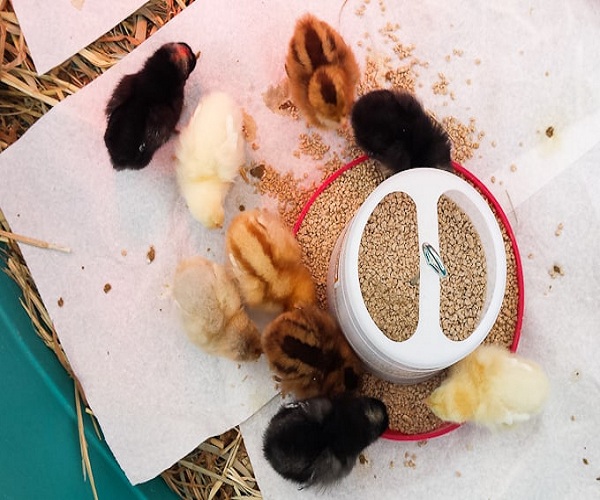
Not counting your hens every night
Counting your flock as they go to sleep each night is a must if you want to let them roam free during the day.
While there are many advantages to letting your chickens free range, it is important to remember that doing so can also increase the likelihood of attack by predators.
If any of your flock are missing after a quick evening count, you’ll know to go looking for them before nightfall.
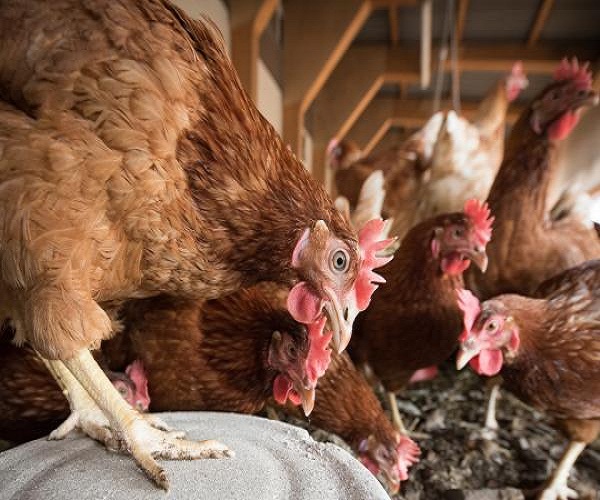
Installing a warm light in the hen house
This seems like it should be on a list of good ideas, not bad chicken-keeping practices. However, heat lamps in a chicken coop are quite risky. Every year, they start fires in chicken coops, destroying property and wiping off entire flocks.
However, heat lamps are not simple to adequately secure, and they often fall into dry bedding, especially after being bumped by a roosting chicken.
Chickens have natural defenses against the cold, so there’s usually no need to heat the coop. If you insist on heating the building, though, it’s important to have a professional do the job.
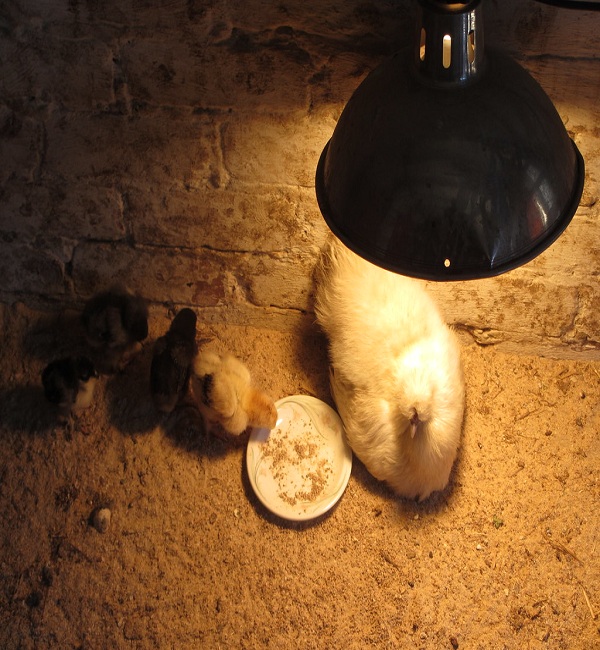
neglecting to protection during free-range hours
When chickens aren’t in the safety of the coop and chicken run, they are especially susceptible to predators. Unannounced predatory attacks can originate from a variety of predators of varying sizes.
To ensure the safety of your flock during free-range hours, consider the following:
- Stay with them in the yard.
- You should restrict free-range time to just a few hours a day at most – If you let the hens out in the late afternoon, they will go to bed by themselves when it gets dark.
- Having a dog on the premises is enough to put off many predators, and a dog that has been properly trained can even be left outside with your chickens to keep them safe from harm.
- Install a fence — While this is no guarantee that coyotes, foxes, and stray dogs won’t find their way into your property, it will reduce the number of times they bother you.
- Invest in a rooster if you want to ensure the safety of your chickens from predators. A reliable rooster is priceless.
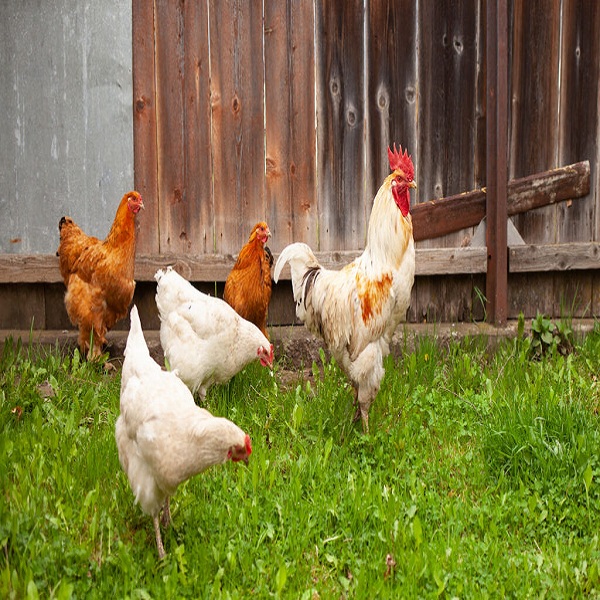
Incorrect coop size
Farm and rural stores often stock lovely but impractical little chicken coops for sale.
Small coops are more vulnerable to being blown over by the wind, are more easily accessible to predators, are not as likely to be weatherproof, and are likely to be too small for your requirements.
You should get a coop that can hold at least a few more hens than the initial number you intend to keep, even if that number is only two or three. The experience of rearing chickens, as any keeper will tell you, is highly addictive. Just provide yourself with some breathing room at the start.
When starting off, it’s best to construct your own coop or purchase one that is sufficiently large and predator-proof.
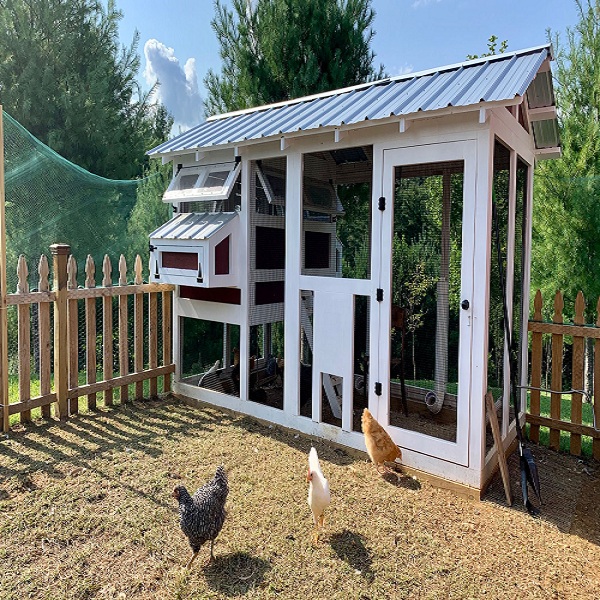
Overheating or underheating the chick brooder
This is a common mistake made by inexperienced chicken keepers when bringing home their first batch of fluffy chicks.
Don’t forget that if you accidentally let the brooder get too cold or too hot, your baby chicks will die. The stress on their already-fragile bodies and brains from either extreme temperature is too great to risk.
If you want your chicks to be healthy and happy, maintain a temperature of about 95F (35C) in their brooder. Always keep an eye on the thermostat and adjust the heat as needed. Using an infrared thermometer is a simple way to keep tabs on the brooder’s temperature, and as a bonus, the chicks will spend hours following that tiny laser light.
Are you still concerned about the weather?
If your chicks are too hot or cold, you’ll know it through their behavior. Too-cold chicks huddle together and make a lot of noise while peeping. Overheated chicks sleep with their wings wide apart from their bodies, pant, and sweat.
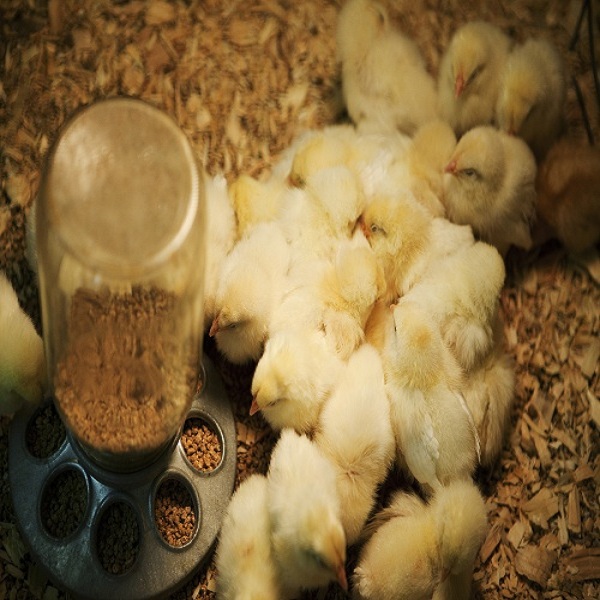
Not being ready for severe weather
Chickens are exceptionally resilient and adaptable farm animals; they thrive through every season. However, if you are not cautious and well-prepared, the effects of either extremely cold or extremely hot weather on your flock will be disastrous. Taking precautions now will pay off later when the summer heat and the winter chill make their way to your backyard.
Prepare your chicken coop for the coming winter months so that it can withstand the snow, wind, and cold. When the weather gets cold, make sure the coop is well insulated by adding extra bedding and hanging horse blankets. On extremely frigid days, provide warming treats such as hot porridge. Be on the lookout for hypothermia and frostbite symptoms among your flock, and treat quickly if you see any.
